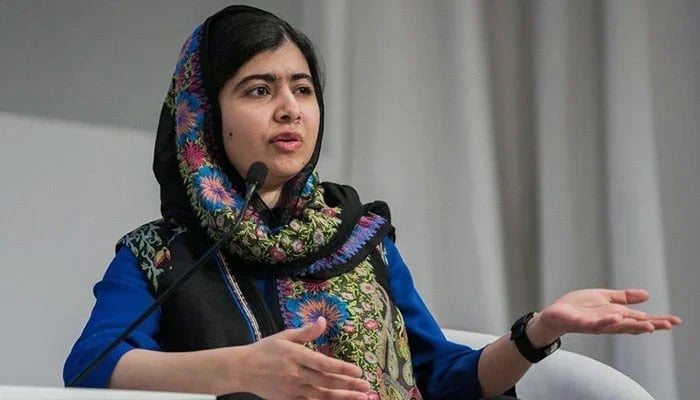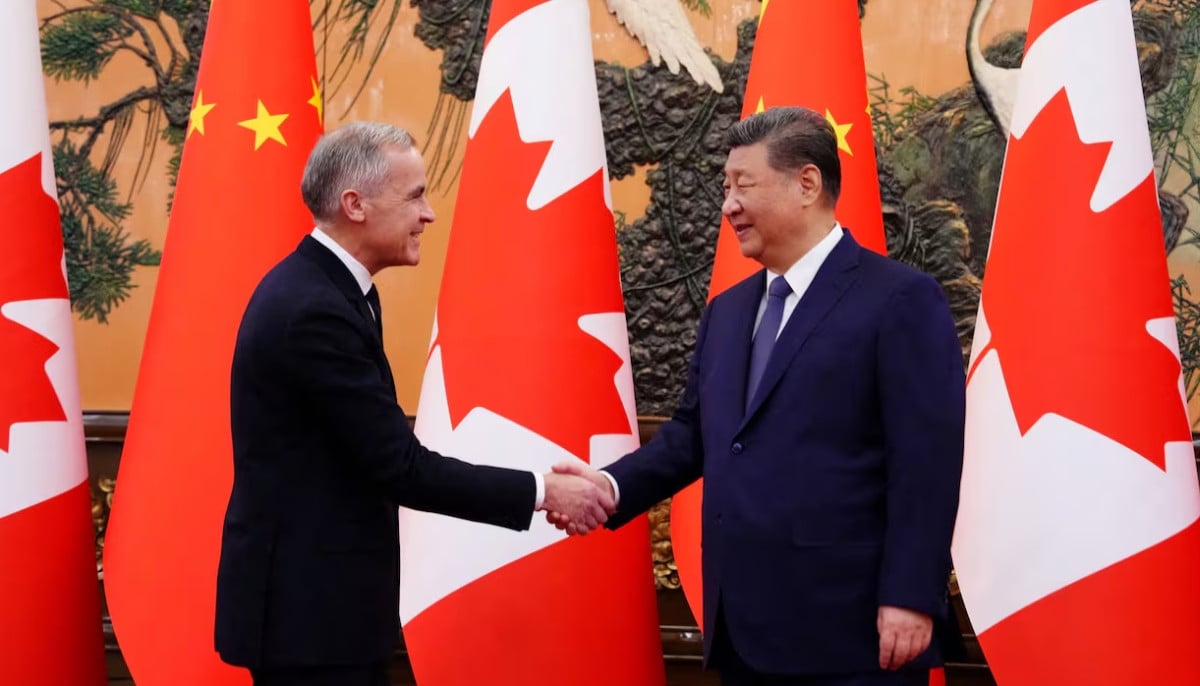Malala Yousafzai urges Taliban to release education heroes like Matiullah Wesa
Wesa had been receiving threats for some time due to his activities for girls' education under his organisation
Malala Yousafzai, the youngest Nobel Peace Laureate from Pakistan, has called on the Taliban to free Matiullah Wesa, an Afghan education activist who was arrested in Kabul. Wesa had been providing mobile schools and libraries to girls and boys in Afghanistan, said the Nobel laureate and termed his arrest an attack on education.
In a tweet on Tuesday, Malala criticised the Taliban's ban on girls' education and their arrest of education champions like Wesa. She urged the Taliban to release him and all those who have been imprisoned for educating children.
According to Wesa's brother, the 30-year-old education activist had been receiving threats for some time due to his activities for girls' education under his organisation, PenPath. His house was also reportedly raided during his arrest, although the government has not provided details on the incident.
Wesa was one of the most prominent education activists in Afghanistan, campaigning for girls' right to study since the Taliban barred female education in 2021. On the day of his arrest, he had tweeted a photo of women volunteers for PenPath asking for Islamic rights to education for their daughters.
Wesa was reportedly stopped by a group of men in two vehicles after finishing his prayers at a mosque. When he asked for their identity cards, they beat him and forcibly took him away, according to his brother.
Malala's call for the release of Wesa and other imprisoned education champions highlights the ongoing struggle for education and women's rights in Afghanistan, particularly in the face of Taliban rule.
Afghanistan remains a challenging environment for women and girls, with many still facing discrimination, violence, and limited access to modern education and employment opportunities.
AFP adds: The organisation Matiullah founded — which campaigns for schools and distributes books in rural areas — has long dedicated itself to communicating the importance of girls’ education to village elders.
Since the ban on secondary schools for girls, Wesa has continued visiting remote areas to drum up support from locals.
“We are counting hours, mins and seconds for the opening of girls’ schools. The damage that closure of schools causes is irreversible and undeniable,” he tweeted last week as the new school year started in Afghanistan.
“We held meetings with locals and we will continue our protest if the schools remain closed.”
The Taliban stormed back to power in August 2021 after the withdrawal of US and NATO forces that backed the previous governments.
Taliban leaders — who have also banned women from university — have repeatedly claimed they will reopen schools for girls once certain conditions have been met.
They say they lack the funds and time to remodel the syllabus along Islamic lines.
Taliban authorities made similar assurances during their first stint in power — from 1996 to 2001 — but girls’ schools never opened in five years.
The order against girls’ education is believed to have been made by Afghanistan’s supreme leader Hibatullah Akhundzada and his ultra-conservative aides, who are deeply sceptical of modern education — especially for women.
As well as sparking international outrage, it has stirred criticism from within the movement, with some senior officials in the Kabul government as well as many rank-and-file members against the decision.
In deeply conservative and patriarchal Afghanistan, attitudes to girls’ education have been slowly changing in rural areas, where the advantages are being recognised.
-
Chinese New Year explained: All you need to know about the Year of the Horse
-
Canadian passport holders can now travel to China visa-free: Here's how
-
Edmonton weather warning: Up to 30 cm of snow possible in parts of Alberta
-
ICE agents 'fake car trouble' to arrest Minnesota man, family says
-
China confirms visa-free travel for UK, Canada nationals
-
Bad Bunny's star power explodes tourism searches for his hometown
-
Murder suspect kills himself after woman found dead in Missouri
-
Poll reveals majority of Americans' views on Bad Bunny












